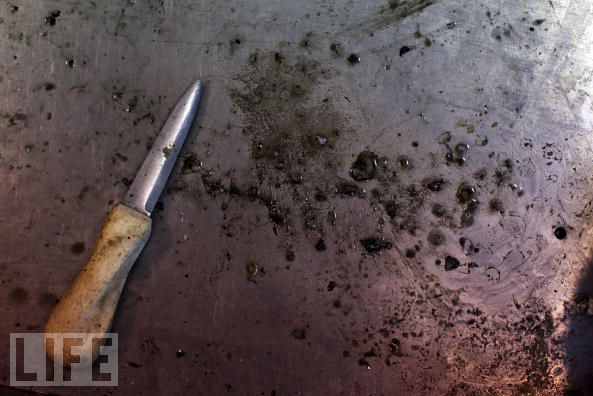Louisiana oyster beds remain empty after BP disaster
By Paul Adams
BBC News, Louisiana Louisiana’s oyster beds have not recovered from the US’s worst environmental catastrophe, the Deepwater Horizon oil-rig disaster, and some fishermen fear they never will. … The oysters were good but hardly plentiful. At this, the season of peak demand, far too many were simply dead. Not, as you might think, coated in sticky oil or even poisoned by chemical dispersants but killed off, as luck would have it, by fresh water. Millions of gallons from the Mississippi River were hurriedly diverted into the bays and marshes of the delta to keep the oil from rolling in, earlier in the year – but this upset the delicate balance of fresh and salty conditions the oysters need to survive. … On the edge of New Orleans’ legendary French quarter, the P & J Oyster Company has been in business for more than 130 years. Like Nick Collins, Al Sunseri wonders if he has what it takes to recover. … He was confident, as everyone was, that it was just a matter of time before the oysters reappeared and everyone was happy again. But now he wonders about his son, who has experienced depression and has not been working for a couple of months. … He thinks about Alaska and the herrings that disappeared from Prince William Sound three years after the Exxon Valdez spill, never to return. …
Louisiana oyster beds remain empty after BP disaster via The Oil Drum
